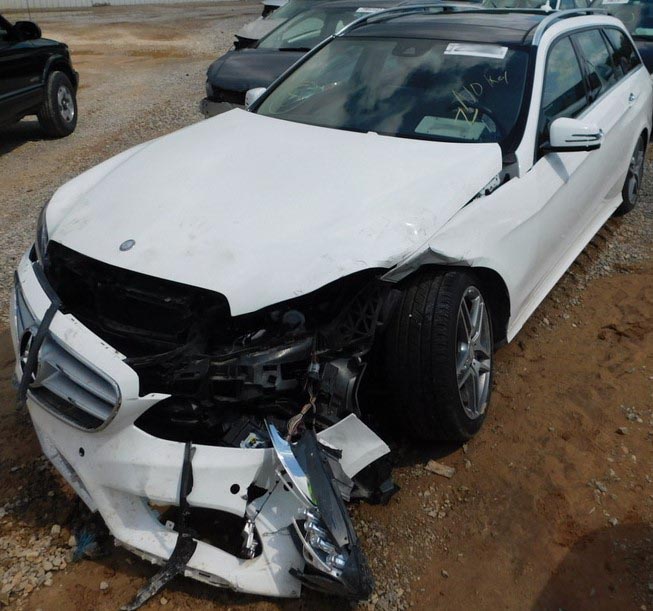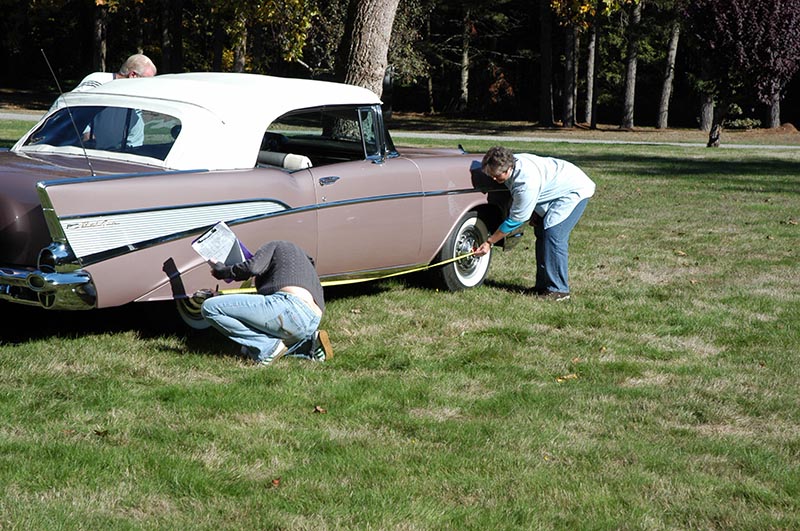
In today’s digital age, shopping for a car has never been more convenient, with countless online platforms offering a plethora of options at your fingertips. However, amidst the vast array of listings lie potential pitfalls in the form of fake car advertisements. These deceptive listings can lead unsuspecting buyers into scams, wasting both time and money. To help you navigate the online car marketplace safely, here are some essential tips on how to spot a fake car listing:
Car Listing Red Flags:
Too Good to Be True Prices:
This is often the first step in how scammers hook their victims! A buyer is more likely to overlook red flags if they think they are getting a great deal. Scammers use unrealistically low prices to lure in potential buyers. If the price seems too good to be true, it probably is.
Too Few or Poor Quality Photos:
Legitimate sellers typically provide high-quality photos of the vehicle from various angles. A fake listing will often have just one or two pictures of the supposed car. The seller may come up with excuses as to why they can’t provide more pictures:
- They are too busy and don’t have time.
- The car is a location they don’t have access to. Such as a friend’s house, in storage, or out of state.
- They insist the pictures they provided are good enough.
If it seems like the seller is making excuses, or just having a hard time getting you better pictures, beware!
Poor Description, Typos, & Mistakes:
A seller who cares about their car would ensure the listing is correct. An extremely short description, mismatched details, mistakes, and typos can be an indication of a fake listing. A genuine seller will usually provide detailed information about the vehicle’s history, including its VIN (Vehicle Identification Number). If the listing lacks this crucial information or the seller refuses to provide it, proceed with caution.
Pressure and Urgency:
A scammer will often pressure you to make a decision quickly. They will say they have other buyers waiting, or they need to sell the vehicle very quickly due to personal reasons. They will pressure you to act now to avoid losing out, often causing you to rush and overlook the warning signs. Be cautious of sellers who use aggressive sales tactics or try to rush you into making a decision.
Inability to Inspect the Vehicle:
Always insist on inspecting the vehicle in person or with a third-party inspector before making any payments. Excuses as to why you can’t see the vehicle in person, such as a busy schedule, personal issues, or inability to access the car are all red flags. If the seller refuses to allow you to see the car or insists on handling the transaction entirely online, it’s likely a scam!
How to Protect Yourself from Scammers?
To avoid falling victim to this scam, here are some precautionary measures:
Verify the Vehicle Exists and It’s True Condition:
See the vehicle in person or get a pre-purchase inspection if an in-person inspection isn’t possible. Many people who get scammed never verify the vehicle they are “buying” actually exists. Ask for additional photos, video, or documentation to verify the legitimacy of the listing.
Perform a Vehicle History Check:
Ask for the VIN number and Google it to see where it comes up. If they refuse to give a VIN – Beware! Performing a vehicle history check can alert you to repairs, accidents, and other signs that the car may be a lemon. You can use any of the reputable services online, like CarFax, Auto Check, and Vin Check Pro to perform a history check; but know that they only know what is reported to them. Not everything gets reported. History reports do not show you the current condition and providers do not know the current value.
Check For Liens:
It’s also a good idea to check for liens on the vehicle. Verify that the owner’s driver’s license matches the information on the car’s title, and visit the local DMV to find out about liens on the vehicle.
Research the Seller:
If the seller is representing themselves as a dealer, confirm the dealer exists and you are actually communicating with the dealer. Google the phone number in the ad. Google the address and look at the location on Google Maps. If it shows a car lot, do you see similar vehicles to the one you’re pursuing? If no phone number, or no one ever answers the phone, and they communicate over email only – Beware! Legitimate dealerships want to talk with you.
Secure Payment:
Do not send deposits or payments if you have not verified the legitimacy of the vehicle and the seller. The most common scam we hear is people who have sent deposits to “hold” the vehicle and then the seller simply disappears with their money. We always advise clients, DO NOT SEND DEPOSITS! Avoid payment methods that offer little recourse for recovery, such as wire transfers, crypto, or gift cards. Using an escrow service is the safest way to ensure your funds are not released until after you receive the vehicle.
Trust Your Instincts:
If something feels off or too good to be true, trust your instincts and proceed with caution. Don’t be pressured into making hasty decisions, and always err on the side of caution when dealing with unfamiliar sellers or listings.
Staying vigilant and knowing how to spot the signs of a fake car listing is crucial for a safe and successful online car buying experience! By following these tips and trusting your instincts, you can protect yourself from falling victim to fraudulent schemes.
How We Can Help
A pre-purchase inspection is essential protection against scammers when buying a car. It uncovers hidden issues, verifies the vehicle’s authenticity, and ensures you make an informed decision! AAG’s pre-purchase inspection has helped save countless buyers from potential scams! Contact Auto Appraisal Group the next time you need a pre-purchase inspection before buying a vehicle online.







